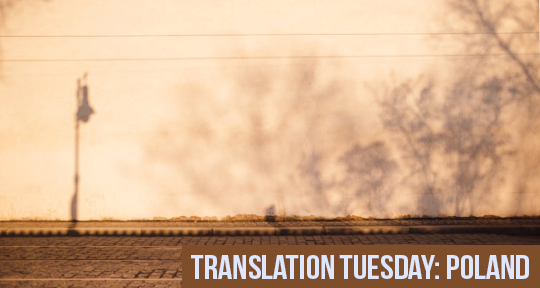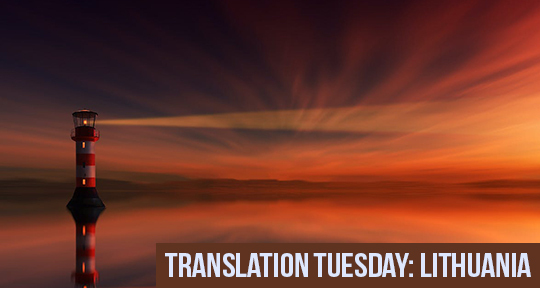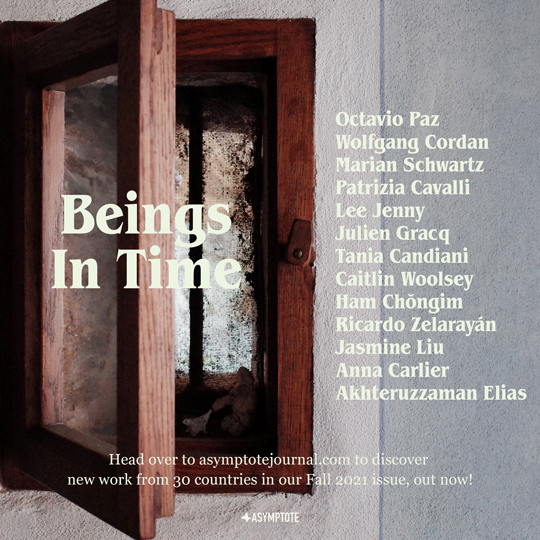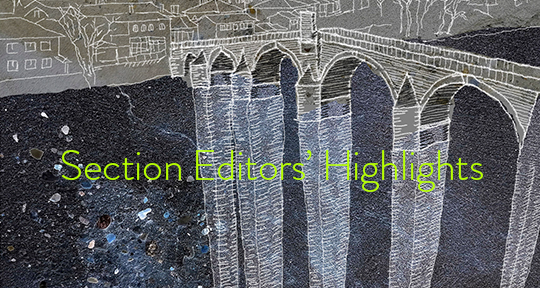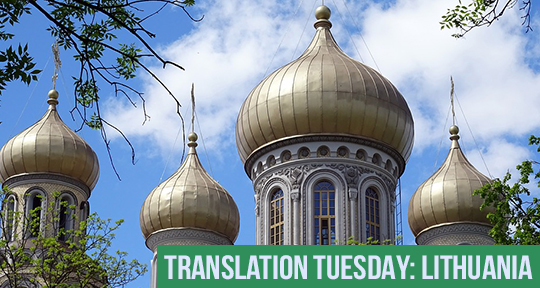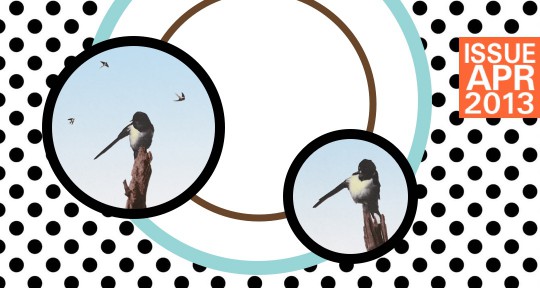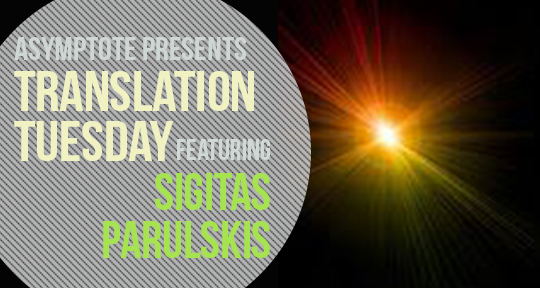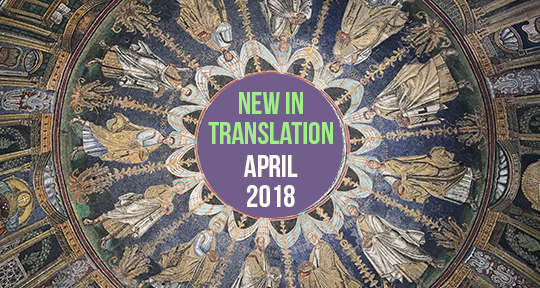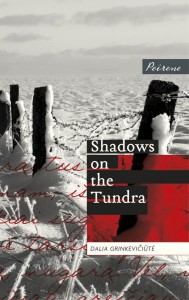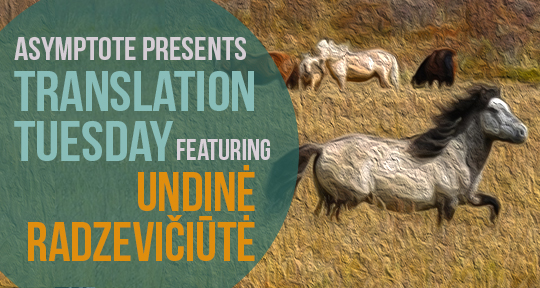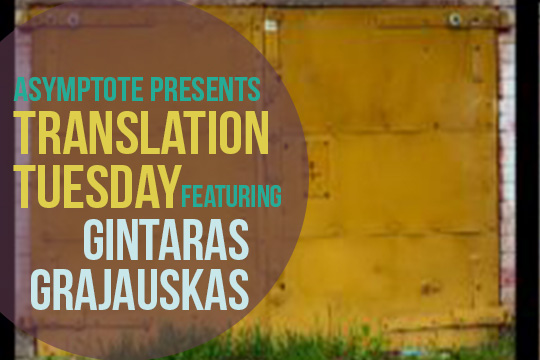This Translation Tuesday, a poem in the Yiddish by Leyzer Wolf (recovered and translated by Roberta Newman) presents the febrile hours before a tryst. Time ticks down with an exquisite slowness, in volatile, pyrotechnic couplets that positively shudder with anticipation.
Almost all of Wolf’s work has been lost. Though he was a prolific writer, most of his poems remained unpublished during his lifetime, reportedly stored in a stuffed-to-bursting cupboard in his apartment in Vilna. It is likely that most of the manuscripts were left behind when he fled to the Soviet Union at the beginning of World War II; others were in the suitcases that went missing after his death in Uzbekistan in 1943.
The Clock
Evening-sun. Blaze.
Bushes by the bridge.
And the clock on the wall says:
Tick, tick, tick.
Rendezvous, night.
Fever on her cheek.
And the clock in her room says:
Tick, tick, tock.
Lips, park, trees, man.
Farewell by the bridge.
And the clock of her heart says:
Bliss, bliss, tick.
Room. Night. Darkness.
Fiery, passion-armed throes.
And the clock on the wall
Goes, goes, goes.
Evening-sun. Blaze.
Bushes by the bridge.
And a different hand gets kisses:
Bliss, bliss, tick.
Room. Night. Darkness.
And a bullet to the head.
And the clock in her room says:
Tick, tick, stop…
Translated from the Yiddish

